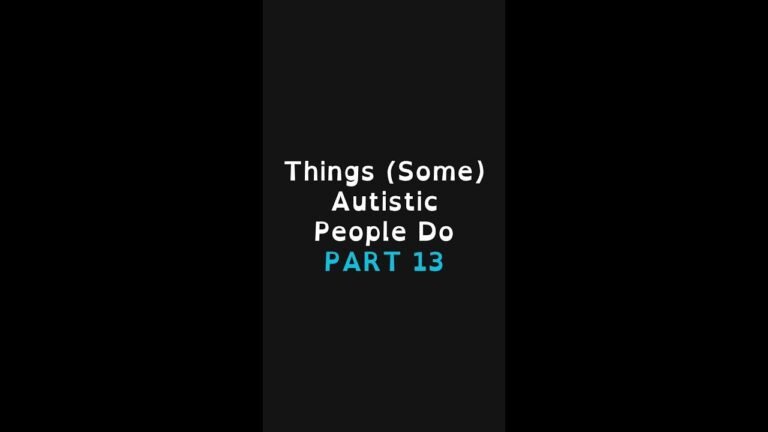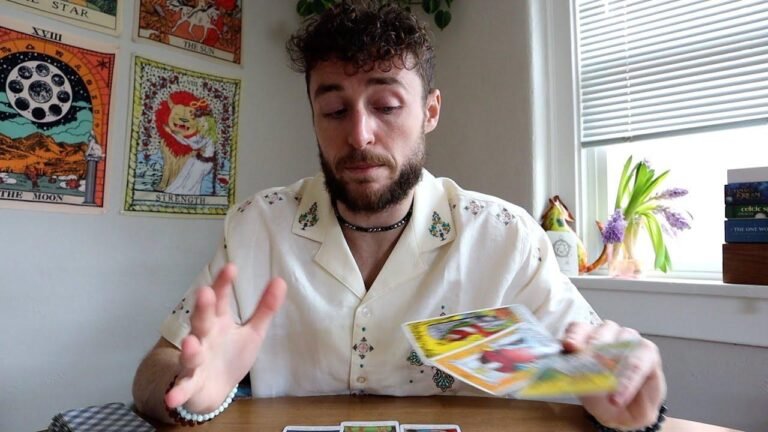The harsh reality of masking as an autistic person.
- Autistic masking is a dark truth that hides the true experiences of autistic individuals, leading to anxiety and exhaustion.
- Masking can be dangerous, impacting mental health and social interactions, leading to increased anxiety and depression.
- Autistic individuals may lose their true selves in the process of masking, leading to a fragmented identity and struggles with self-esteem.
- Masking can also lead to increased alcohol consumption as a coping mechanism, and unmasking can be a liberating experience.
Introduction
Masking in the autistic community has been a topic of discussion for several years. Many individuals who fall on the autism spectrum may not display obvious traits or behaviors, leading to misdiagnoses and often dangerous situations. Understanding the truth behind autistic masking is paramount in providing support and guidance to those affected.
The Dangers of Masking
Masking isn’t just a coping mechanism, it can have detrimental effects on mental health and overall well-being. The act of masking can lead to increased anxiety and cognitive strain, making everyday interactions a challenge for those who engage in it.
| Dangers of Masking |
|---|
| Increased anxiety |
| Cognitive strain |
| Social difficulties |
Impact on Mental Health
Masking can significantly impact an individual’s mental health, leading to burnout and feelings of detachment from one’s true identity. The pressure to fit societal norms and expectations can create a false sense of self, resulting in difficulty maintaining relationships and sense of self-worth.
| Impact on Mental Health |
|---|
| Burnout |
| Fragmented identity |
| Struggle to fit in |
Social Implications
Masking often leads to individuals feeling disconnected and misunderstood. The pressure to fit in and present as neurotypical can result in isolating experiences and can lead to a myriad of mental health issues including depression and anxiety.
| Social Implications |
|---|
| Feeling disconnected |
| Mental health issues |
| Struggle with social approval |
The Link to Substance Abuse
Many individuals may turn to substance abuse as a means of coping with the challenges that come with masking. This can lead to a further deterioration of mental health and exacerbate feelings of isolation and struggle with identity.
| Link to Substance Abuse |
|---|
| Coping mechanism |
| Increased vulnerability |
| Heightened risk of dependency and abuse |
Conclusion
It is crucial that we recognize the detrimental impact that masking can have on autistic individuals and work towards creating a more accepting and inclusive environment. It is only by understanding the complexities of masking that we can provide the necessary support and guidance to those affected.
Key Takeaways
- Masking can have severe impacts on an autistic individual’s mental health.
- The social implications of masking are often detrimental to an individual’s overall well-being.
- The correlation between masking and substance abuse highlights the urgency of addressing this issue.
FAQ
Q: Is masking always harmful?
- A: While masking can provide temporary relief, it can have lasting detrimental effects on an individual’s mental health and well-being.
Q: How can I support someone who is struggling with masking?
- A: It is essential to validate their experiences and emotions, provide a safe space for them to express themselves authentically, and seek professional support when needed.







